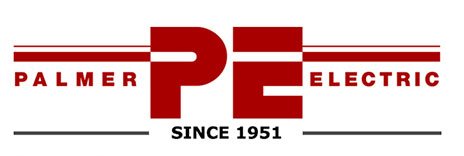Real Estate Electrical Inspection FAQ’s
What fixes are mandatory after a home inspection?
The only fixes that are mandatory after a home inspection are:
- ones that present a safety issue with the electrical system,
- and also items that your homeowners insurance have stressed would be an issue and need to be corrected in order to be covered.
What does an electrical inspection entail?
Most items on an electrical inspection will just be a general check of the condition of the panels, breakers, wiring and grounding. Most items that are pointed out are certain panels that are deemed safety issues, along with any wiring issues. Some wiring issues are double tapped breakers, neutral bars and even ground bars. Those items are easily fixed.
Other items will be testing all areas that contain switches and receptacles (even outdoor receptacles) and other accessible locations that have power such as the air handler, HVAC unit outdoors, water heater, garbage disposal and dishwashers.
Is aluminum wiring safe?
How to Make Aluminum Wiring Safe
Aluminum wiring is safe. The biggest issue it creates is the fact it expands and contracts within the box for a switch and receptacle and causes issues at the terminal where it connects to these items. Copper does not do this, so that is why we use Alumiconn connectors to transfer from aluminum to copper. Inside the breaker panel, as long as the breakers are CU/AL certified, then aluminum can be terminated on those breakers.
What does open ground mean?
Open ground means either the receptacle has a loose ground, or it is an older house that only has a two-wire system where a ground is not included, which is common in houses that are pre-1990. The simple and approved fix for this is to add a GFCI breaker inside the panel to protect the entire circuit.
Should I replace cloth wiring?
Cloth wiring is generally accepted by most insurance companies, and no major changes need to be done other than ensuring the integrity of those wires are sound and not a safety issue. We often provide GFCI protection to these circuits as the majority do not have a ground. The only cloth wiring that is required to be changed is the feeder wires that provide power to the panel. The large majority of insurance companies will not insure a house with those wires.
